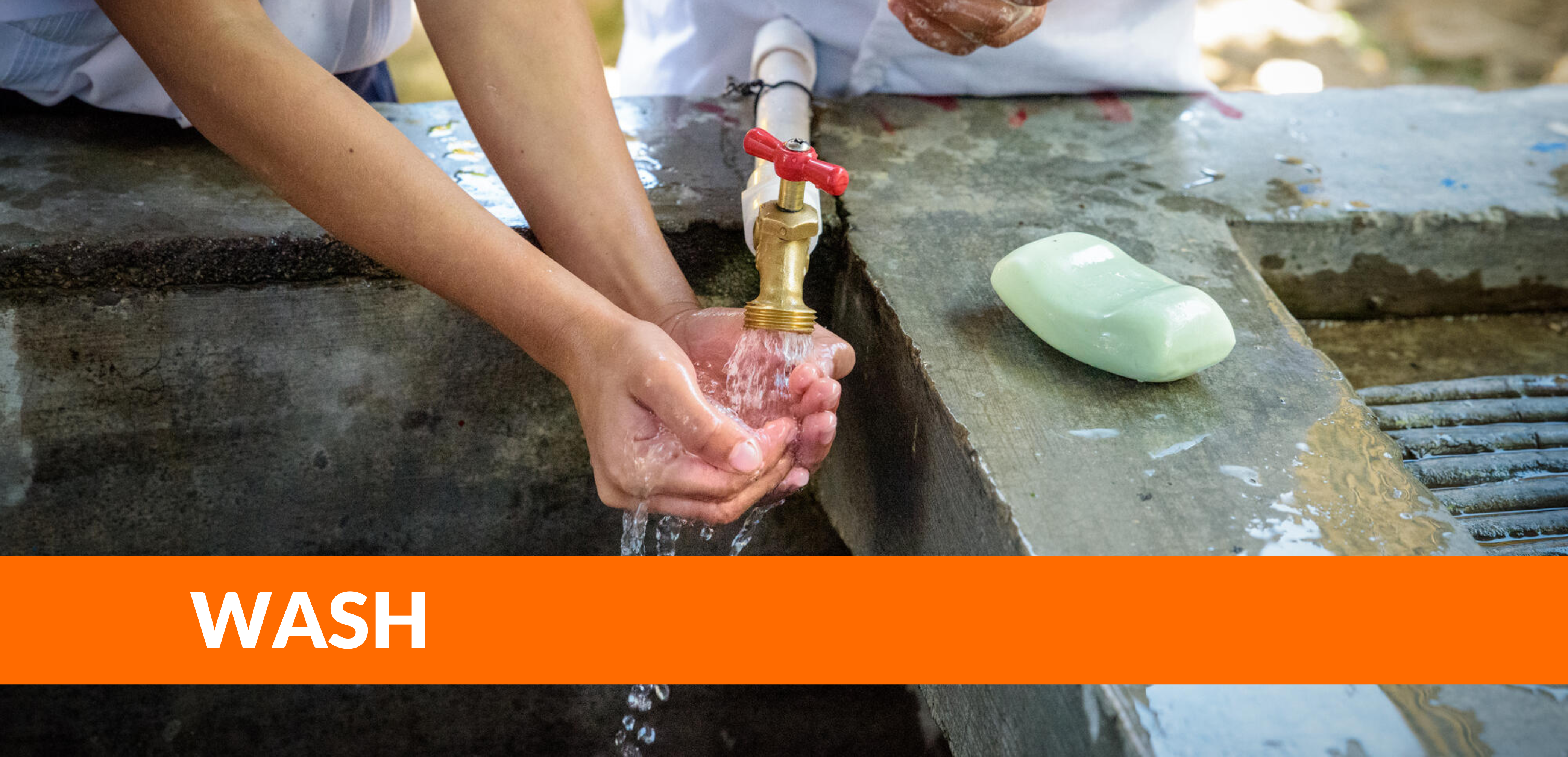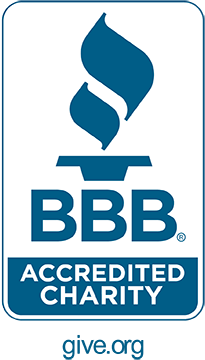Abstract: Safe child feces disposal (CFD) is defined as a child or caregiver placing or rinsing child feces into an improved sanitation facility. In low- and middle-income countries (LMICs), 48% of households with children under five report that child feces were safely disposed. Despite its widespread prevalence and harmful health effects, little is known about the determinants of safe CFD. We analyzed determinants of CFD across three countries that differently address safe CFD in their policies. We used data from a cross-sectional survey of 3737 households in rural areas of Ethiopia, India, and Zambia. Multivariable logistic regression models were used to identify factors associated with safe child feces disposal (CFD) in these countries. Safe CFD was positively associated with whether a female head of household attended primary school in Zambia and India, whether someone spoke to households about cleanliness in Ethiopia, and whether a community had a WaSH committee that met in the past year in Ethiopia. In all three countries, households with a member who practiced open defecation were significantly less likely to practice safe CFD. Increasing the education level of female head of households, reducing open defecation, speaking to a household, and having an active WaSH committee are important programmatic considerations for actors who seek to address CFD in low resource settings. Unsafe CFD is a substantial challenge to transformative WaSH, and more studies should be conducted to evaluate the causes, determinants, and behaviors of CFD.
This study used data from a survey conducted by World Vision (WV) and the Water Institute (WI) at the University of North Carolina at Chapel Hill (UNC). The survey used a stratified, cluster-randomized study design to examine WV program areas and comparison areas in 14 LMICs.
Article from:
International Journal of Hygiene and Environmental Health
Volume 237, August 2021, 113832





